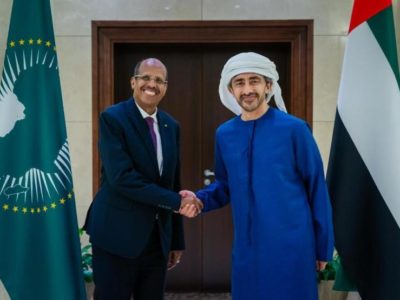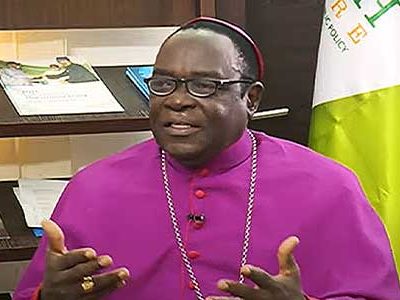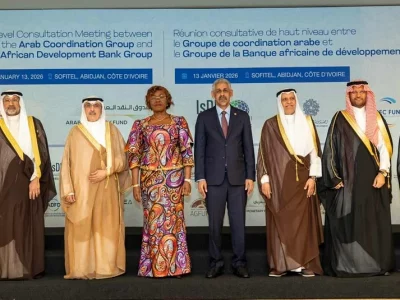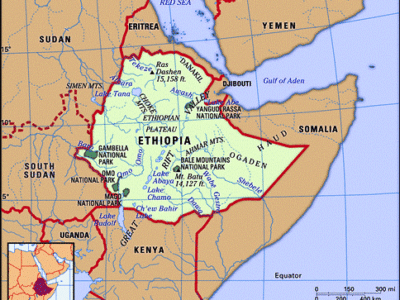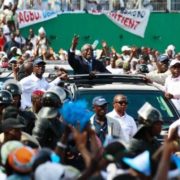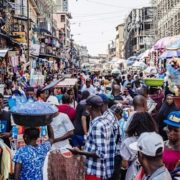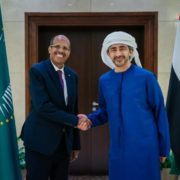Three months ago sub-Saharan Africa confirmed its first
COVID-19 case in Nigeria. Although infections have risen and continue to grow,
early and swift action by many countries in the region has slowed down the
spread of the virus.
Even before the virus could hit the region,
several countries, in collaboration with the World Health Organization (WHO),
were already upping COVID-19 prevention and detection through measures such as
airport screenings and reinforcing response preparedness. WHO has also been
supporting countries to strengthen key measures including testing and treatment
as well as health worker training.
To date more than 10 000 health workers have
been trained in infection prevention and control, treatment, logistics,
laboratory testing and public health education and other key areas. In
addition, WHO Regional Office for Africa has repurposed over 900 staff at the
regional and country levels to support the COVID-19 response.
In collaboration with World Food Programme, the
African Union, Africa Centres for Disease Control and the Jack Ma Foundation,
WHO has helped ship consignments of medical supplies and equipment to countries
in the region. Currently 45 of the 47 countries in the WHO African Region can
test for COVID-19, up from just two when the outbreak started. For the
remaining two countries, WHO will deliver essential laboratory equipment and
supplies to establish testing.
To date, kits to carry out over 100 000 COVID-19
tests have been delivered to countries, and further shipments are planned.
Cumulatively countries in the region have carried out more than 1.4 million
tests
Laboratory testing in many countries has now
been decentralized from the capital cities. Ghana, Kenya, Ethiopia, South
Africa and Nigeria all have multiple laboratories performing testing. Ethiopia
has repurposed testing capacity at the national animal health laboratory for
COVID-19 diagnosis.
COVID-19 infections in Africa have not grown at
the same exponential rate as in other regions and so far the region has not
experienced the high mortality seen in some parts of the world. Governments
made timely decisions to enforce containment measures such as physical and
social distancing, lockdowns as well as surveillance, testing and treatment.
Some of the movement restrictions are now being
relaxed. WHO has cautioned that if lockdowns are eased too quickly, infections
could rapidly increase. The Organization has issued interim guidance to Member
States, which encourage a gradual adjustment of public health and social
measures, while constantly assessing risks.
As countries ease restrictions, health
authorities also need to ensure continuity of essential health care services
while also resuming the full gamut of routine health services. This challenge
will be compounded by ongoing global supply bottlenecks, shortages, and the
necessity of repurposing staff for the COVID-19 response.
WHO is collaborating closely with governments as
well as partners such as the Africa Centres for Disease Control, United Nations
agencies and other partners to support the scale-up of the response through
coordination, technical expertise, the provision of much needed medical
supplies and assisting with data collection and analysis.


